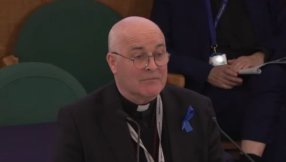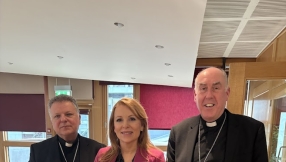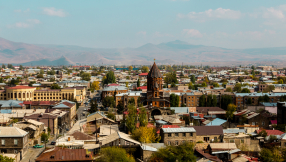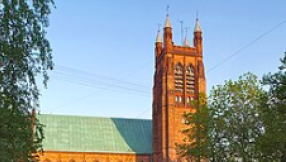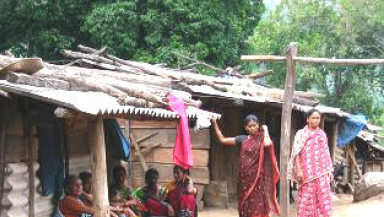
Millions of Indian Christians are being denied their constitutional rights by the government, which is refusing to give them a place in the country's hierarchical caste system.
According to the human rights group, Barnabas Aid the Indian Constitution recognises two groups of historically disadvantaged people, the Scheduled Castes (SCs) and the Scheduled Tribes (STs).
Legislation exists to redress the socio-economic deprivation they have suffered and bolster their rights.
"But Christian Dalits and tribal Christians are being denied this important status on the grounds of their faith," said a spokesperson for the group.
"Muslim Dalits are also discriminated against. In 1950, the Indian Parliament granted Scheduled Caste recognition to Hindu Dalits; this was extended to Buddhist and Sikh Dalits in 1956 and 1990 respectively.
"Two-thirds of India's 27 million Christians are Dalits, the category of people at the very bottom of Indian society. Christian and Muslim Dalits have been campaigning for equal recognition for years; their latest protest took place on November 15, in New Delhi."
Samuel Jayakumatr, executive secretary of the Commission for Policy, Governance and Public Witnesses, said that the two communities are worse off socio-economically than their Hindu counterparts.
"Given the fact that the SC status and the benefits that go with it are aimed to address historical caste-based socio-economic deprivation, the Dalit Christians and Dalit Muslims have more compelling case for SC status than many others."
Sajan K George, president of the Global Council of Indian Christians, said, "The government is making fun of tribal Christians, and prevents the community from enjoying their constitutional rights."
A senior Christian leader in India said that the continued denial of SC status to these communities made a "complete mockery" of the country's democratic and secular credentials.
Unlike for SC status, religious affiliation is not meant to be a consideration in terms of ST status. And yet Christians and even their non-Christian relatives are also suffering discrimination in this regard.
A Christian leader in Kandhamal district, Orissa state, said a number of cases had come to light in recent months, adding, "There are many similar stories and the number is growing."
Prakash Pradhan, a tribal Kandho Christian, applied for a caste certificate in order to obtain a scholarship for his children. This was refused on the grounds of Prakash's Christian faith. His brother, a Hindu, was also denied a certificate, because he is related to a Christian.
Another case involved Jacob Pradhan, a Christian minister, who has been trying to obtain the document for four months. His case is complicated by the fact that his wife is a Dalit; their children consequently cannot be considered tribal.
"Without a caste certificate, Indian Christians are denied social and economic rights, leaving them trapped in poverty," added the Barnabas Aid spokesperson.










